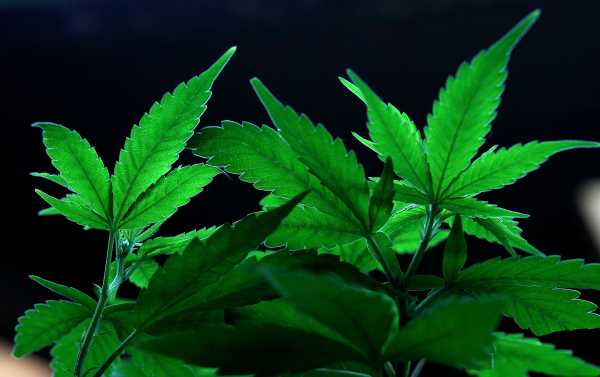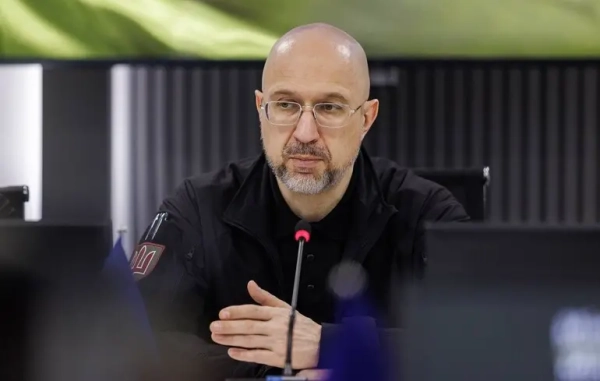
North Dakota voters on Tuesday rejected Measure 3, a ballot initiative that would have legalized marijuana in the state.
North Dakota’s Measure 3 would have let people 21 and older possess, use, grow, buy, and sell marijuana for recreational purposes. It also would have created penalties for people under 21 possessing or attempting to distribute marijuana, and for people distributing marijuana to others who are under 21. And it would have expunged previous marijuana convictions from criminal records.
Related
4 winners and 2 losers from the 2018 midterm elections
But the measure did not include any language regarding regulations and taxes. Cole Haymond, an adviser for the campaign, told Christopher Ingraham at the Washington Post that this is by design: “We leave our bill wide open so the legislature can do their job — regulations, taxes, zoning, whatever.”
This is not how previous successful ballot initiatives worked. They left a lot of room for state lawmakers and regulators to flesh out a system under which marijuana can be bought and sold, but the initiatives generally set up a framework that these policymakers had to follow. North Dakota’s marijuana legalization supporters took a different approach — and that may help explain why they failed.
Related
Live results: North Dakota midterm elections
Medical marijuana is already legal in North Dakota, so the initiative would have had limited impact in that area.
Beyond North Dakota, 2018 has been a big year for marijuana legalization. This year, California opened the world’s biggest legal marijuana market, Vermont legalized marijuana possession (becoming the first state to do so through its legislature), and Canada became the world’s first wealthy nation to fully legalize pot.
Prior to Election Day, nine states had legalized marijuana for recreational and medical purposes, while 21 others had legalized only for medical uses.
Supporters of legalization argue that it eliminates the harms of marijuana prohibition: the hundreds of thousands of arrests around the US, the racial disparities behind those arrests, and the billions of dollars that flow from the black market for illicit marijuana to drug cartels that then use the money for violent operations around the world. All of this, legalization advocates say, will outweigh any of the potential downsides — such as increased cannabis use — that might come with legalization.
Opponents, meanwhile, claim that legalization will enable a huge marijuana industry that will market the drug irresponsibly. They point to America’s experiences with the alcohol and tobacco industries, which have built their financial empires in large part on some of the heaviest consumers of their products. This could result in far more people using pot, even if it leads to negative health consequences.
With Tuesday’s vote, opponents won the day in North Dakota.
For more on marijuana legalization, read Vox’s explainer.
Sourse: vox.com






